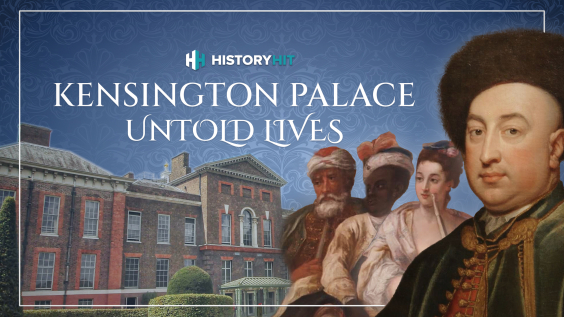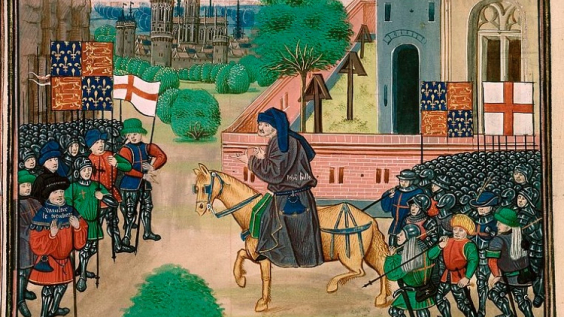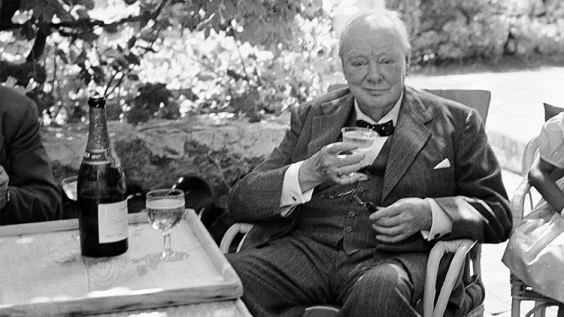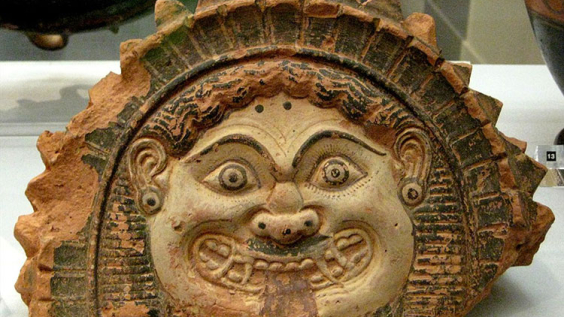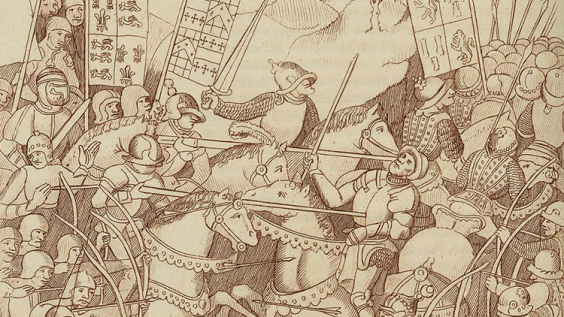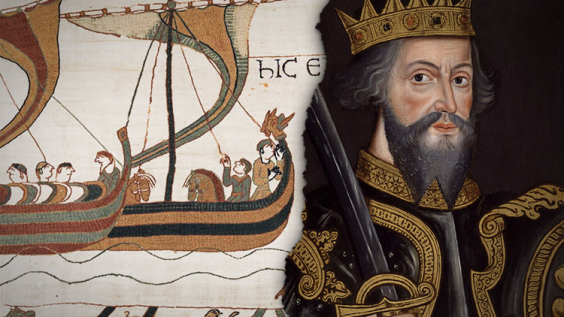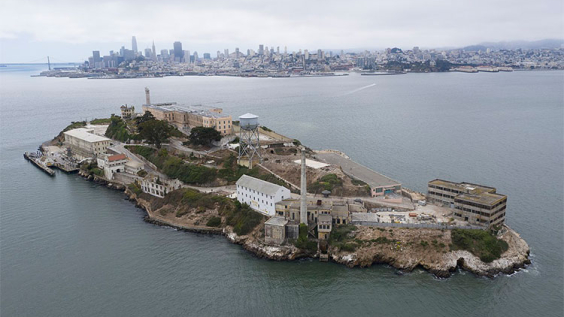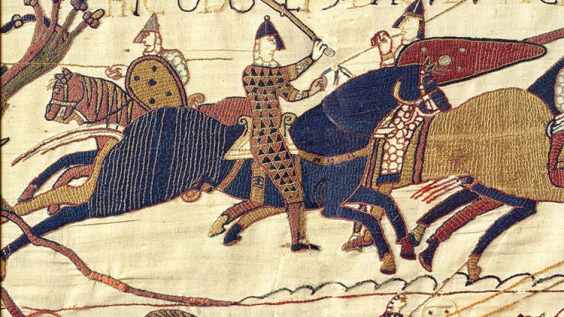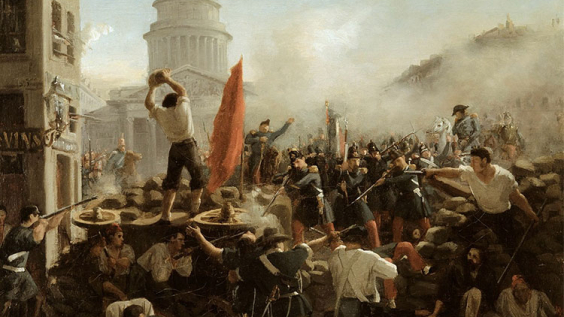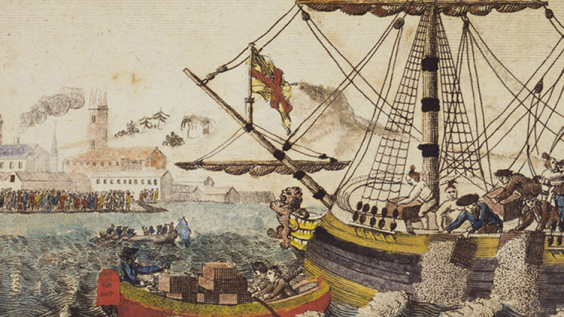
Julius Caesar’s conquest of Gaul was important for Rome and important for a man on the way to the top.
The territorial gains alone in his eight-years of Gallic Wars were enormous, taking Rome out of the Italian peninsula to what was to become a long-term border at the Rhine. Gaul (roughly modern France and Belgium) was a rich prize for an expanding empire. Some of its tribes, who were civilised and advanced by Roman standards, were already trading or diplomatic partners.
Caesar may have been thinking most urgently about his dire personal finances when he set out into Gaul. He returned with the prestige, personal power and military might to win a civil war that made him the most powerful man in Rome.
 Watch Now
Watch NowA man in search of a war
Caesar, as so often in his career, was massively in debt. He was governor of two Gallic provinces on either side of the Alps, with a fine force of trusted, veteran legionaries at his disposal. To a Roman general, conquest was like a cash machine – sources suggest Caesar didn’t care where he fought (Dacia in the Balkans was considered), he just needed to fight.
He found an excuse to invade Gaul when, in 62 BC, the Germanic Suebi tribe under Ariovistus seemed on the verge of becoming the single dominant power in Gaul. Memories of the Cimbrian War in 109 BC, when Rome had been on the verge of destruction at the hands of Gallic tribes, were stirred and Caesar could paint his invasion as defensive.

Caesar draws first blood in Switzerland
Caesar’s first battles were a side issue. The Helvetii (from modern Switzerland) were being pushed west by Germanic tribes. Their passage to a new home in western Gaul lay across Caesar’s province of Transalpine Gaul.
The Helvetii were stopped by the legions, but headed west through the territories of Roman allies. Caesar defeated them in the Battle of Bibracte (near modern Autun) in 58 BC and sent them back to their Alpine home.
The battle with Ariovistus
Witnessing the military muscle of Rome convinced most Gallic tribes to seek peace with Caesar. They also wanted him to see off Ariovistus – a Roman ally just a year previously – who was still threatening to leave Germania and come west.
Caesar, his own thoughts on more land and plunder, issued an ultimatum to Ariovistus’ Suebi people: stay to the east of the Rhine or face the consequences. Reports of a planned crossing let Caesar off the leash again.
The two sides raced to Vesontio (modern Besancon) and engaged in a series of fruitless peace negotiations before Caesar managed to provoke Ariovistus into battle and reportedly killed 120,000 of his men, sending the rest back over the Rhine.
The bravest of the Gauls

Next to be conquered were the Belgae, the people of modern Belgium, who were again accused of fighting Roman allies.
In 57 BC Caesar began his campaigns against them, nearly losing his first engagement, the Battle of the Sabis, to a lightning surprise attack from the fearsome Nervii tribe.
The Nervii lived by fighting and Caesar did the Belgae the honour of calling them the bravest of his opponents. He was prepared for them. He brought high-tech weapons like the ballista and scorpion and specialist missile-throwing soldiers with him. The Nervii, armed with swords and dedicated to single combat had no response.
The conquest of the west
Caesar then headed to the far north-west of Gaul in 56 BC where the Veneti people of Armorica (modern Brittany) were threatening to revolt. Again Caesar showed his willingness to adapt, by taking to the English Channel and Atlantic to defeat his sea-faring opponents.
Caesar’s diversions

In 55 BC, Caesar set off across the Rhine to punish the Germanic tribes. He also crossed the Channel to make first contact with the British, a journey he repeated the following year.
Caesar’s contemporaries accused him of seeking personal glory with these diversions, which took Roman troops away from their newly conquered territories, and many historians still agree.
The end of the Gauls
It was a rebellion that prompted the final act of the Gallic Wars. In 54-53 BC, a tribal leader called Amborix led an uprising against Roman rule in north-eastern Gaul.
After early successes, Amborix’s Eburones tribe were defeated. However, his revolt had lit a spark and a much larger rebellion followed under the leadership of Vercingetorix.
 Watch Now
Watch NowVercingetorix, who is still a hero in France today, united many of the Gallic tribes. He also accepted that they would never defeat the Romans in pitched battle and started guerrilla warfare against the occupiers.
The Battle of Gergovia (near modern Clermont-Ferrand) was the high point of Vercingetorix’s revolt, leaving 6,000 Roman casualties.
But Vercingetorix turned his back on his successful hit-and-run tactics and holed up in Alesia (near modern Dijon) behind very strong fortifications. It was a fatal mistake. The Romans were masters of siege warfare. Caesar built his own ring of forts around the Gallic stronghold at lightning pace and when a small cavalry force escaped, he built another outer circle to stop the relief force getting in. Despite massive attacks to break out of or in to the fortifications, the Gauls were ground down and Vercingetorix rode out to lay his arms at Caesar’s feet.

The Vercingetorix Memorial.
How much should we trust Caesar’s own account?
It is worth remembering that the best and sometimes only written source for almost everything we know about the Gallic Wars is Caesar himself. His Commentarii de Bello Gallico is widely praised as a fine piece of historical writing, but it would be almost inhuman and particularly out of character for a political animal like Julius Caesar not to portray himself in the best possible light.




